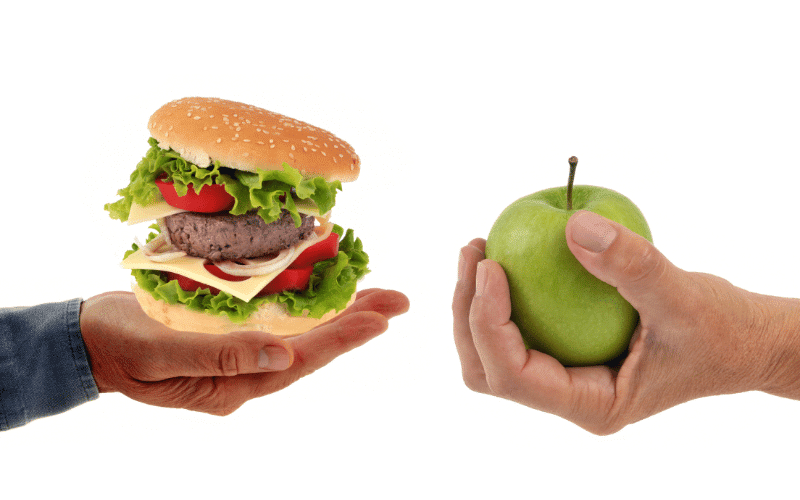Symptom 4: Dietary Changes – Hyperphagia

A marked shift in dietary habits or appetite is another symptom seen in individuals with Kluver-Bucy Syndrome. This change, known as hyperphagia, presents as an increased desire to eat or overeating.
At first, hyperphagia might not seem out of the ordinary. However, when viewed in tandem with other symptoms of Kluver-Bucy Syndrome, it becomes a piece of a larger puzzle. Individuals with hyperphagia may consume unusually large amounts of food or show an increased preference for certain types of food. Some may even resort to consuming non-food items, a condition known as pica.
These dietary changes can lead to significant health challenges, such as rapid weight gain or malnutrition. The compulsive ingestion of non-food items can result in potential health risks and complications. Therefore, managing hyperphagia is crucial for the overall well-being of individuals with Kluver-Bucy Syndrome.
Medical and psychological interventions can effectively control hyperphagia. Nutritional guidance can ensure a balanced diet, while behavior therapy can aid in managing the compulsive behavior. Thus, a multidimensional approach becomes pivotal in addressing hyperphagia. (4)